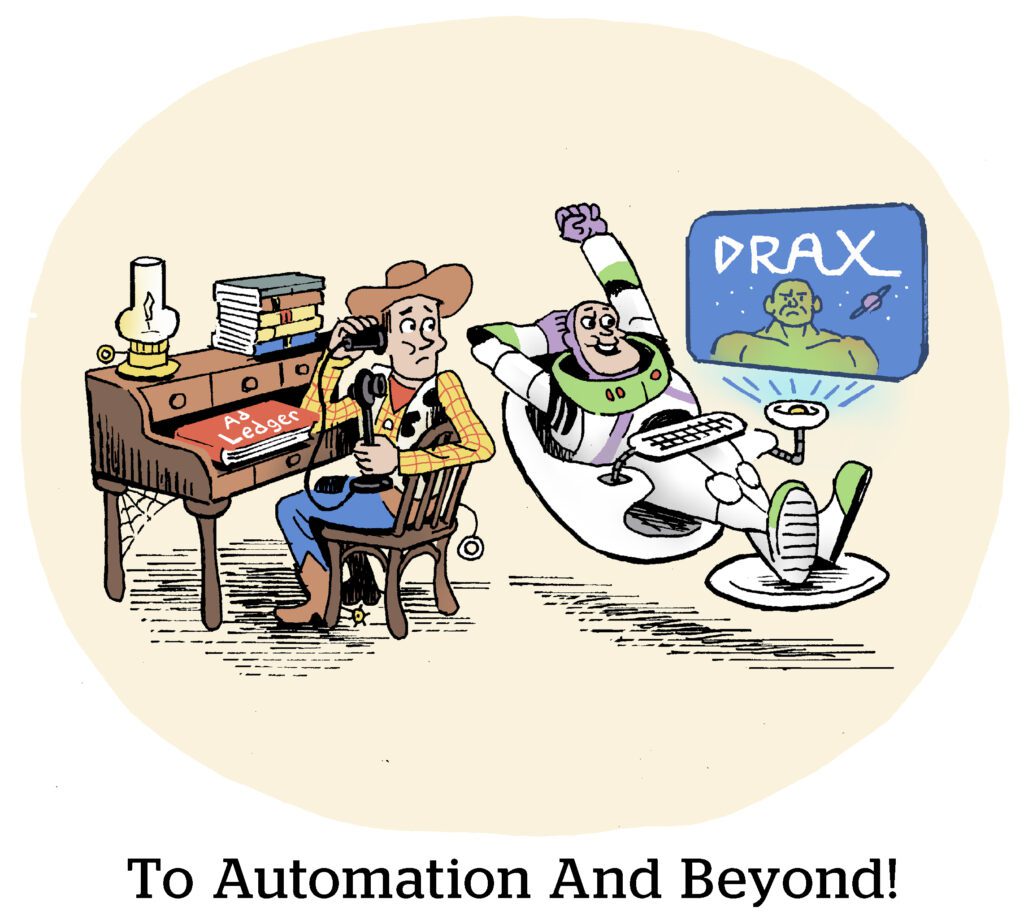Here’s today’s AdExchanger.com news round-up… Want it by email? Sign up here.
Lost The Plot
The “Barbie” movie doesn’t premiere until next week, but is practically guaranteed to be a major hit, considering the deluge of prerelease energy and coverage.
The marketing success (and excess) of “Barbie” is also a reminder of how studios in general seem to have forgotten how to do movie marketing.
People blame industry dynamics and macrotrends for a string of major duds at the box office, but whatever magic studios used to have – putting stars on morning shows, word of mouth, cinemas themselves, trailers in the theater – they’ve lost the touch.
“Barbie” is a confluence of beautiful, charismatic leads, director starpower and a massive prebuilt brand with deep associations in people’s minds. But that’s also been true of recent flops in the Superman and Indiana Jones franchises, among others.
Putting “Barbie” aside, studios have largely fallen back on Google Search, YouTube and their DTC channels to reach audiences, but they aren’t finding success.
What does work? Creativity.
The horror movie “Smile” was a smash hit last year after an old-school series of hit viral marketing tactics. Same could be said for the thriller “M3GAN.”
A Life Of Syn’
Danny Sullivan, Google Search’s industry liaison, is still digesting publisher feedback (which is to say, outbursts of anger and frustration) following a recent update to Google’s guidelines for online content syndication.
News publishers such as The Washington Post, Associated Press, Reuters and Bloomberg allow other publishers to repost certain stories. Columnists are often syndicated, meaning that a WaPo opinion writer might appear in USA Today, too. It’s even true in ad tech trades, with Bloomberg stories syndicating to Ad Age.
The problem is that syndicated stories often supplant the original in Google searches through crafty SEO gamesmanship.
Publishers are frustrated because, hey, Google ought to be able to figure this out, right? But Google’s advice is to require syndication partners to “noindex” those articles so that the search crawler only sees the original.
That guidance is simply unrealistic, though. Forcing other publishers to noindex content isn’t how licensing agreements work and would add yet more work for publishers.
Barry Schwartz at Search Engine Roundtable has been on the case.
Go Sports! Wait … Don’t Go!
Some analysts think Disney should ditch ESPN.
Sport broadcast prices are going up, up, up … while TV viewership is going down, down, down. But a full pivot to streaming or a direct-to-consumer business would mean forgoing cable affiliate fees – which will generate roughly $14 billion this year, Insider reports.
Analysts estimate that ESPN would have to charge between $20 and $30 per month for its DTC service to replace that revenue, and that’s not counting ads and other revenue. Plus, there’s no guarantee the subscription numbers will take off.
A crucial unknown factor in the equation is how the transition would affect ad revenue.
Disney’s main counterbalancing forces are cable subscription and subscription streaming fees. But if data-driven ads can really outshine linear ads, the higher value could help ease the subscription revenue withdrawal.
So, is it worth the risk?
Depends who you ask. Certain analysts say yes, because ESPN is ESPN, while others cite Disney’s recent operational losses and the need to cut costs.
But here’s another in favor of selling ESPN: Disney will need the cash if it’s going to buy Comcast’s share of Hulu.
But Wait, There’s More!
A federal judge rejects the FTC’s suit to block Microsoft from buying Activision Blizzard. The UK’s CMA may now negotiate a deal to allow the acquisition. [Bloomberg]
Microsoft CMO Chris Capossela focuses on the big picture, not “bright, shiny objects” like ads. [Adweek]
Shopify items are now for sale on Roku devices. [TechCrunch]
How Roblox’s Partner Program is helping the platform assert itself as a marketing channel. [Digiday]
You’re Hired!
Annemarie Dooling is Gannett’s new VP of audience growth and monetization. [tweet]
The Washington Post appoints Alex MacCallum as CRO [release] and Vineet Khosla as CTO [release].











